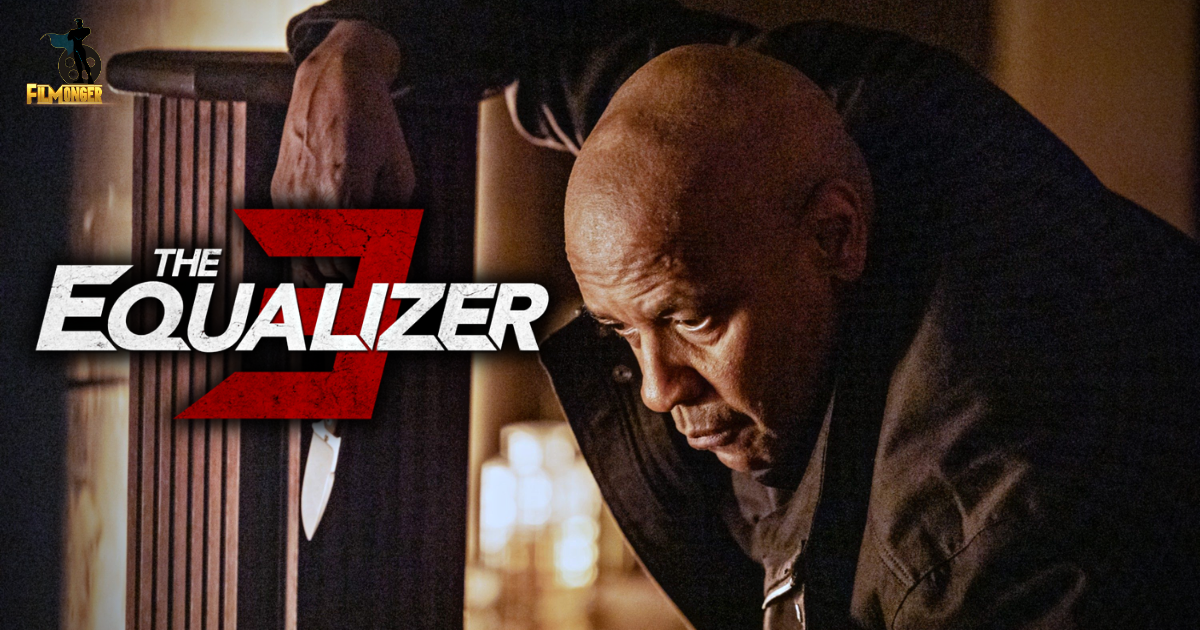In The Equalizer 3, director Antoine Fuqua navigates violence’s role, avoiding gratuitousness while keeping it essential.
For Fuqua, violence in the film serves as a storytelling tool, not just for shock value. He acknowledges the delicate balance between showcasing violence as a narrative necessity and avoiding its use for mere sensationalism. To achieve this equilibrium, Fuqua adopts a unique approach.
During the editing process, Fuqua seeks input from his trusted circle, including family and friends. Their perspectives provide an external gauge to determine the appropriate level of violence. What’s fascinating is how Fuqua’s perception of violence evolves during this phase. He confessed that during filming, he often felt that the level of violence was insufficient.
However, upon reviewing the footage in the editing bay and sharing it with friends and family, they consistently remarked, “You didn’t hold back.” This feedback led him to conclude that it was, indeed, adequate. Fuqua explained that his initial desire for more violence stemmed from his close involvement in the project. The collaborative editing process, combined with external perspectives, ultimately assured him that they had incorporated more than enough violence into the film.

Fuqua’s remarks reveal the introspective nature of filmmaking, where a director’s emotional attachment to a project can sometimes cloud their judgment. The collaborative editing process ensures that the final product resonates with a broader audience.
One of the most significant challenges for Fuqua is striking the right balance between what is shown and what is withheld in terms of violence. Different demographics have varying thresholds for brutality, and Fuqua is acutely aware of this. Younger audiences often embrace more intense violence, while older viewers may prefer a more restrained approach. Fuqua’s task is to cater to these divergent preferences without compromising the essence of the story.
‘The Equalizer 3’ Marks a Grueling Finale
As The Equalizer 3 finally graces theaters, it promises to be a fitting conclusion to Robert McCall’s journey, one that explores the complexities of violence as a means to an end. Early reactions to the film have varied, with some praising Denzel Washington’s portrayal as a “benevolent but ruthless friend” and others finding the violence “numbingly violent.” This diversity in opinions underscores the challenge Fuqua faces in navigating the fine line between storytelling and sensationalism.

In a world where action films often rely on excessive violence for entertainment, ‘The Equalizer 3’ stands as a testament to a director’s commitment to thoughtful storytelling, where each act of violence is a carefully considered piece of the larger narrative puzzle. Whether audiences find it “enough” or “more than enough,” Fuqua’s dedication to finding the right balance ensures a gripping cinematic experience.
‘The Equalizer 3‘ is now showing in theaters, inviting audiences to join Robert McCall for one last pursuit of justice, as he grapples with the complexities of violence and its place in his world.
